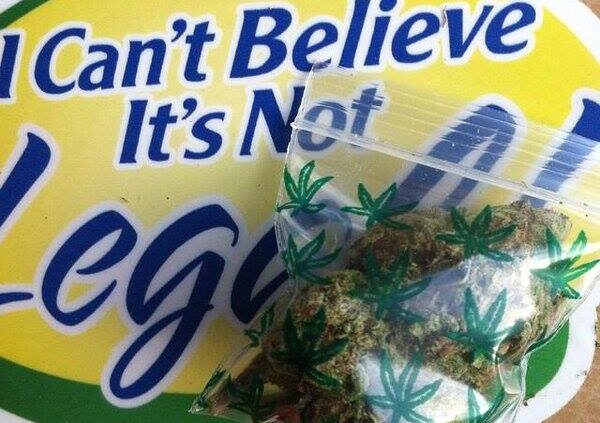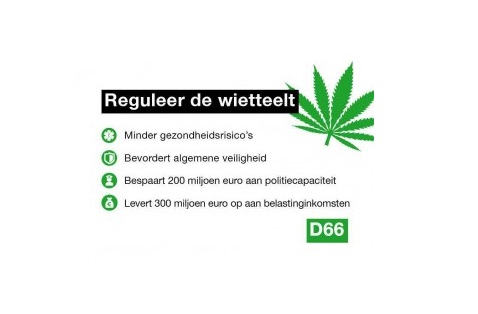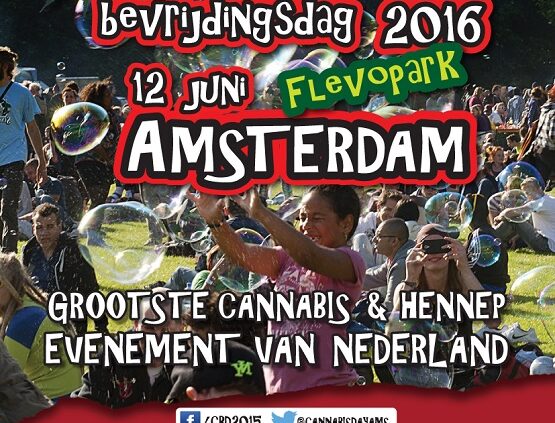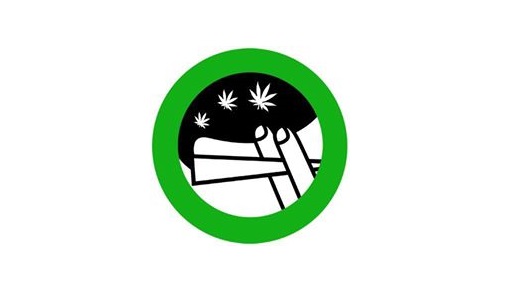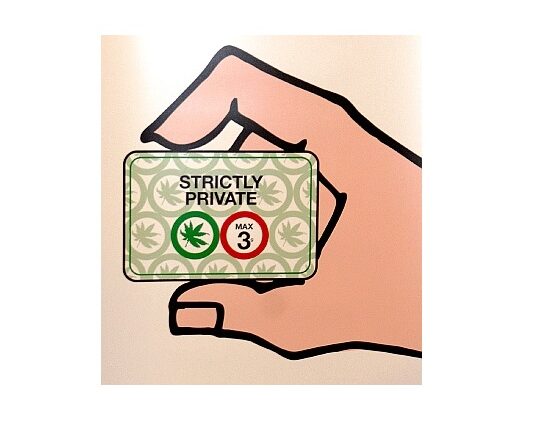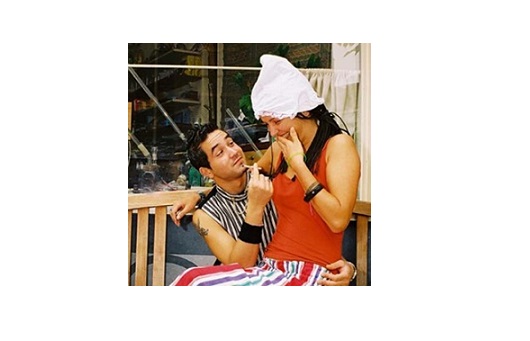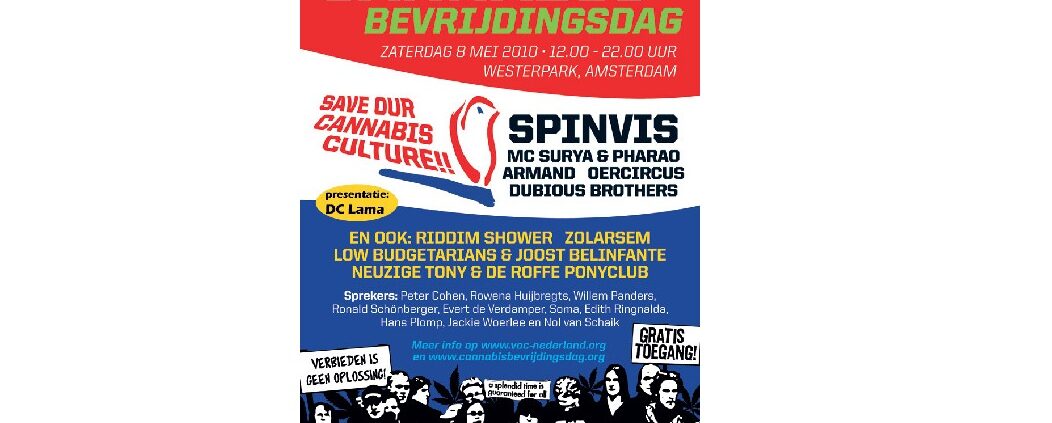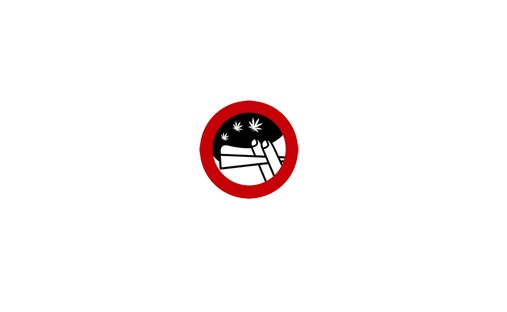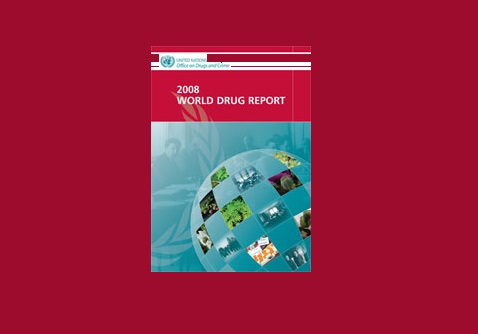February 2014 – “It takes courage to refrain from doing what, to some people, seems logical on the drawing board.”
This was the astounding reply of Ivo Opstelten, the Dutch Minister of Security and Justice, to the Dutch mayors who stand for the regulation of the cannabis supply chain. The 35 mayors recently joined forces to convince the minister to regulate the cultivation of cannabis needed to supply coffeeshops across the country.
Many involved experts, backed by the Mayors of 35 Dutch towns and cities, including Amsterdam, Rotterdam and Utrecht, argue that the current laws only allow the sale but not the cultivation of marijuana. Dutch coffeeshops, which are allowed to sell hash and weed, cannot buy their stock legally. This encourages organized crime and wastes police time, according to the mayors.
Ahmed Aboutaleb, the mayor of Rotterdam, told local press that cannabis cafes had to rely on “murky worlds”, and that the current situation in Holland was unsustainable.
The Mayors recently offered the minister a manifest titled “Joint Regulation”, calling for long overdue policy change. Quoting from the manifest:
“This manifest is a plea to the cabinet – in particular to the under-minister of the Department of Health and to the minister of the Department of Security and Justice – and the members of parliament to turn their ears to the cities and change coarse. A coarse that can make a change in the way these problems are dealt with. Our call: implement, together with us, a nation-wide system of certification and regulation for the cultivation of cannabis. Only then a solution may be possible.”
However, the Dutch government won’t budge and argues that any change in the law would not be welcomed by neighboring countries. Minister Opstelten said after a cabinet meeting in response to the Joint Regulation weed manifesto that the mayors signed in Utrecht, he will tour the ‘country’ in order to discuss the prevention of crime and nuisance weed plantations, with mayors and municipalities.
In spite of Hollands progressive history, the recent global trend of cannabis legislation shows the Dutch policies falling behind.
The international tide is turning as the world becomes more weed friendly. Many countries in Europe have decriminalized marijuana. The United States has legalized cannabis shops in Colorado with Washington State set to follow, while in South America, Uruguay became the first nation to fully legalize cannabis.
From the 1970’s Holland has been one of the few countries in the world where you can have a joint without worrying about getting busted and cities such as Amsterdam have since been celebrated by cannabis connoisseurs and freedom hungry travelers from around the globe.
The ‘weed pass law’ (restrcting foreigners from coffeeshops) was due to be introduced nationally on January 1st 2013 but in November 2012 it was repealed. Although municipalities are now still able to regulate the sale of marijuana, It leaves the issue of regulating the supply untouched.

